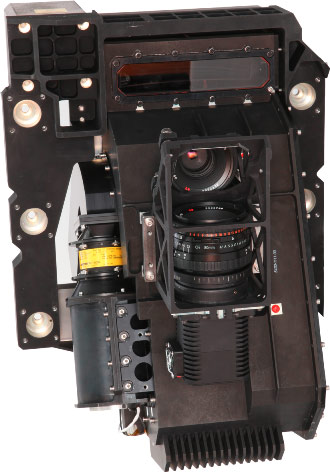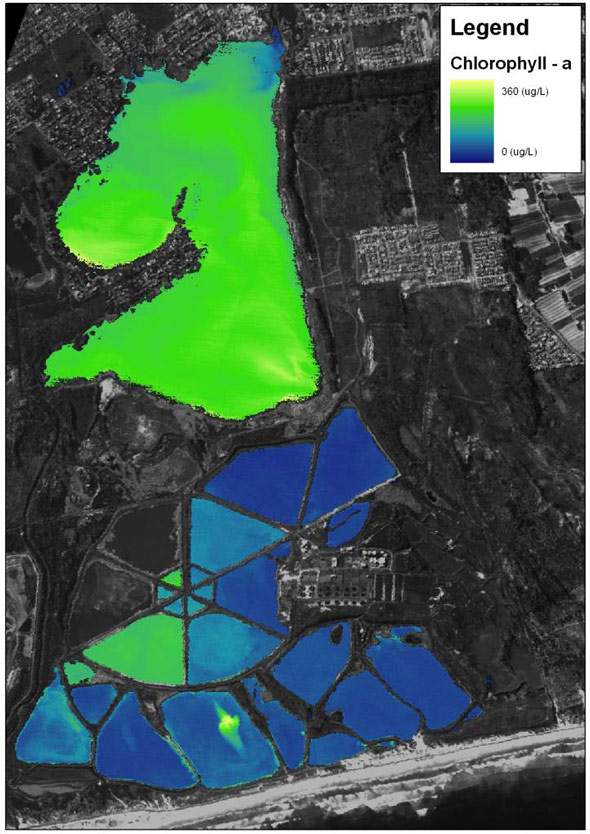Israel’s Elbit Systems is introducing a new hyperspectral sensor payload developed specifically for UAVs designed by the company’s ElOp electro-optics division. Elbit Systems has completed the development of the system and has recently conducted a series of successful test flights. Particularly useful for this application is the Hermes 900, with its large payload bay, where the new hyperspectral sensor fits in a streamlined configuration, without any interference with other payloads. The new system facilitates remote sensing and monitoring capabilities for various scenarios.


Hyperspectral sensing opens new capabilities for intelligence collection, particularly in the identification of specific materials, coverage of large areas and spotting concealed or underground activity by tracking the presence of specific signatures resulting from known activities (including heat, chemical residues etc.) Conventional sensing is unable to spot such signals. The airborne segment of the hyperspectral sensor is responsible of collecting the signals, transferring them via datalink to the ground segment, where automatic interpretation of the images and data extraction is produced. The ground segment also provides the mission planning for the sensor.
Hyperspectral imaging technology enables simultaneous view of a special area of interest ‘sliced’ into hundreds of specific wavelengths, each tuned to capture a narrow frequency in a process similar to that of a spectrometer. The resulting image offers the viewer to view the image through each frequency band, therefore spotting the ‘chemical fingerprints’ of chemical, or organic materials with great details and accuracy.
This new sensing capability enables the detection and tracking of potential targets on the basis of their material signature. The new payload enables intelligence gathering via identification, measurement and tracking of materials and objects including uncovering low signature military activity and invisible obstacles, as well as identification of hazardous materials.
ElOp is also developing a space-based hyperspectral payload for earth observation applications. Such payload could be useful for the monitoring of environmental contamination, assisting in natural disaster management etc. Potential satellite platforms for such payloads are a future EROS series spacecraft and an experimental satellites being jointly developed by Israel and Italy.

















